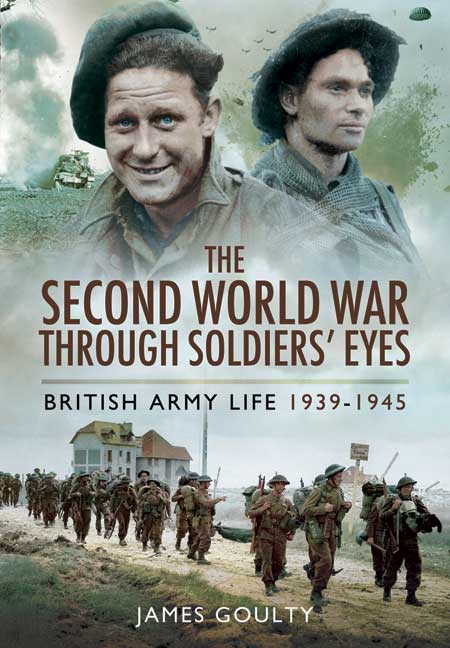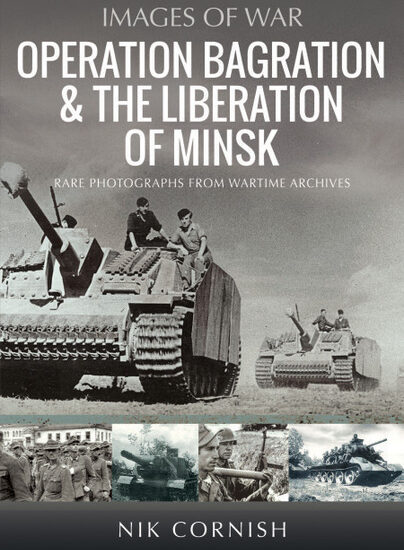Author Guest Post: James Goulty – Albert’s War
An Overview of the Wartime Experiences of No. 3608673 Lance Corporal Albert ‘Ginger’ Wilson 11 Platoon B Company 1st Battalion the Border Regiment
Albert Wilson, known as ‘Ginger’ by his pals, was born in Heysham, Lancashire in November 1923. At the outbreak of the Second World War he was too young to serve in the armed forces but joined his local Home Guard where he gained considerable experience in making petrol bombs for use against enemy tanks had there been an invasion. During 1942 he joined the army and after basic training volunteered for the airborne forces and was posted to 1st Battalion the Border Regiment, then re-organizing as glider borne infantry. Albert was accepted and experienced action in July 1943 as part of Operation Ladbroke, an airborne component of the Allied invasion of Sicily. 1st Border was tasked with securing key objectives at Syracuse. Unfortunately many gliders failed to reach land and ditched at sea where several men drowned, weighted down by their equipment. Albert was lucky as although his glider crashed he was able to struggle out onto a wing and was later rescued by a warship.
On his recovery
Albert returned to the UK and was based in Lincolnshire where he fell
in love with a local girl. During September 1944 he fought as part of
Operation Market Garden, an ambitious airborne offensive to seize key
bridges over the Dommel, Maas, Waal and Rhine, co-ordinated with a
landward advance by British 2nd
Army that would hopefully hasten Germany’s defeat. 1st
Border and other units were to land near Arnhem secure its road
bridge, form a defensive perimeter and hold it until relieved after
2-4 days. However, British and Polish troops became embroiled in an
epic ten day battle as 2nd
Army failed to reach them, having been held up by the Germans. From
Albert’s perspective it was a frightening and formative experience
characterised by intense combat, often from the confines of a muddy
slit trench. He was saddened by the sight of the wounded,
particularly one young soldier who ‘had the wooden handle of a
German stick grenade embedded in his elbow.’ During the battle he
lost his best mate Frank who had fought alongside him and died in his
arms. ‘He was like a brother to me, we loved to play football
together. It was the saddest day of my life.’
Like many soldiers who survived Arnhem, Albert became a POW and endured a torrid period of captivity until liberated at Easter 1945. Weakened and mentally scarred by his experiences he returned to the UK as the war in Europe was ending. He was medically downgraded and served with the Royal Army Ordnance Corps before being demobbed and marrying his ‘Lincolnshire lass.’ She was a tower of strength in helping him recover during the post-war years and as he put it ‘brought sanity back into my life.’

Read more from James Goulty in The Second World War Through Soldiers’ Eyes available now from Pen and Sword books.

